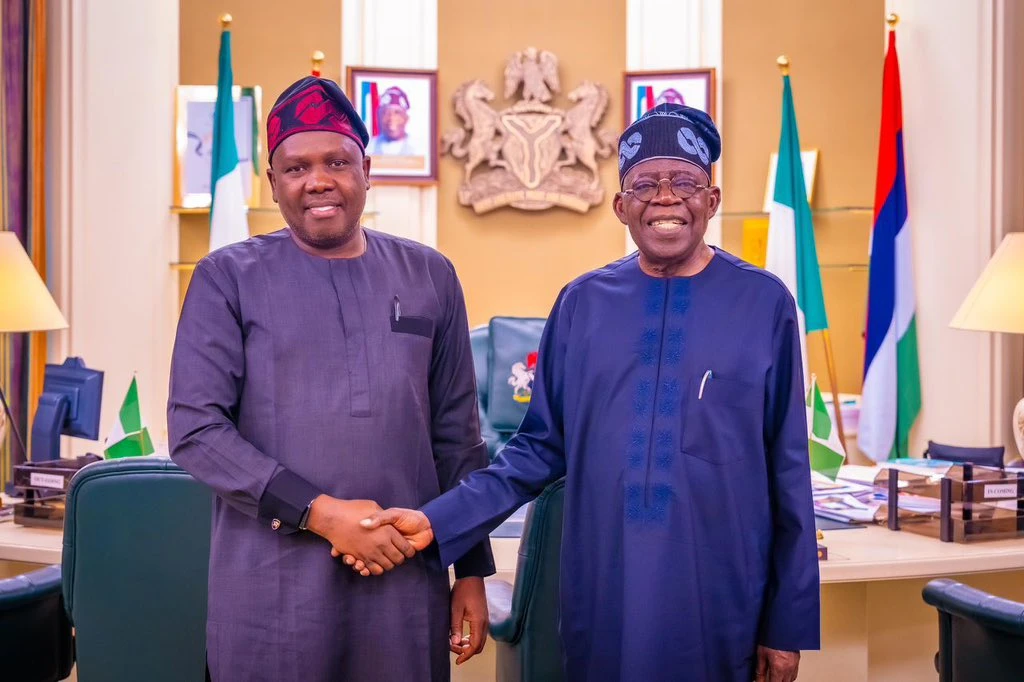Daniel Bwala joins Tinubu's media team as Special Adviser, sparking debates on inclusivity, fiscal prudence, and the evolution of Nigeria's communication strategy.

The appointment of Daniel Bwala as Special Adviser on Media and Public Communications in President Bola Ahmed Tinubu’s administration has sparked widespread discussions across Nigeria. Alongside Bayo Onanuga and Sunday Dare, Bwala's role marks a shift in how the presidency handles communication, raising questions about inclusivity, efficiency, and public perception.
President Tinubu’s decision to appoint three spokespersons for the presidency—Bwala, Onanuga, and Dare—highlights a unique strategy. Traditionally, Nigerian administrations have operated with one or two media representatives, focusing on streamlined communication to save costs and avoid overlaps. Tinubu’s tripartite approach, however, aims to ensure:
- Enhanced Communication Channels: With multiple voices, the government can address diverse aspects of public communication more effectively.
- Role-Specific Expertise: Each adviser brings a unique skill set. For instance, Bwala is tasked with policy communication, while Onanuga oversees strategy, and Dare focuses on public orientation.
Public Criticism of Increased Media Appointments
Despite the potential benefits, many Nigerians have criticized the administration for its perceived extravagance in a challenging economic climate. Social media platforms are rife with debates on whether appointing three media advisers aligns with Tinubu’s promise of fiscal prudence.
For instance, critics argue:
- Cost of Governance: Many question the need for multiple media spokespersons in a time of economic hardship.
- Role Overlap: Concerns persist about duplication of responsibilities, with critics citing past administrations that achieved similar objectives with fewer appointments.
Daniel Bwala’s Background and Commitment
A seasoned lawyer and public affairs analyst, Bwala's political journey spans several transitions, including his move from the PDP to the APC in July 2024. His appointment is seen as a strategic move, given his legal acumen and communication prowess.
Bwala has emphasized his focus on advancing Tinubu’s agenda while downplaying criticisms stemming from his political past. In response to controversies, he stated:
“It’s about the government; it’s about the president; it’s about his administration. It’s not about Bwala.”
Tinubu’s choice to appoint Bwala—an erstwhile critic of Vice President Kashim Shettima—has been lauded by some as a demonstration of political inclusivity. However, Senator Ali Ndume called for Bwala to apologize for past remarks to foster unity within the APC. Bwala has maintained that his focus remains on fulfilling the president’s mandate.
The Bigger Picture
Tinubu’s appointment strategy reflects his administration’s broader goals of robust governance and improved communication. While the move has drawn criticism, it also reflects an effort to adapt to the complexities of modern political messaging.
As Nigerians continue to debate the implications of this new approach, the ultimate success of Tinubu’s media strategy will likely depend on how well it aligns with the administration’s broader objectives and public expectations.
What are your thoughts on this development? Do you believe having multiple media spokespersons enhances communication or creates unnecessary overlaps? Share your opinions in the comments.

